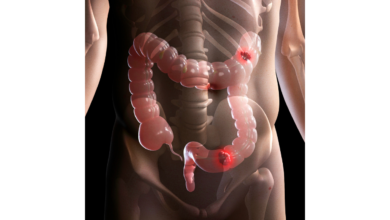The Complete Guide to Physical Exams
Understanding Your Physical Examination

What is Physical Exam ?
This test is a physical examination conducted by a healthcare provider to assess the health of your abdomen, rectum, and anus. It’s a routine part of many medical checkups, especially for adults over the age of 50.
Why Physical Exam is required?
This exam can help identify potential health problems, including:
- Gastrointestinal disorders (e.g., irritable bowel syndrome, inflammatory bowel disease)
- Colon cancer
- Hemorrhoids
- Anal fissures
- Other abnormalities in the digestive tract
which are the method of Physical Exam ?
The exam typically involves:
- Visual inspection: The healthcare provider will examine your abdomen, rectum, and anus for any visible signs of abnormalities, such as swelling, redness, or lesions.
- Palpation: The provider will gently press on your abdomen to check for tenderness, masses, or other abnormalities.
- Digital rectal exam: The provider will insert a gloved finger into your rectum to examine the rectal walls and prostate gland (in men).
who should go for Physical Exam ?
Everyone over the age of 50 should undergo regular colorectal cancer screenings, which typically include a digital rectal exam and a colonoscopy. Individuals with a family history of colorectal cancer or other risk factors may need earlier screening.
What are the results of Physical Exam ?
The results of the exam will depend on the findings. If any abnormalities are detected, your healthcare provider may recommend further testing, such as a colonoscopy or blood tests.
What are the components of Physical Exam ?
The components of the exam may vary depending on the specific concerns of the healthcare provider. However, it typically includes the following:
- Abdominal examination: Inspection and palpation of the abdomen to check for tenderness, masses, or other abnormalities.
- Rectal examination: Digital rectal exam to assess the rectal walls and prostate gland (in men).
- Perianal examination: Inspection of the area around the anus for any signs of abnormalities, such as hemorrhoids or anal fissures.





